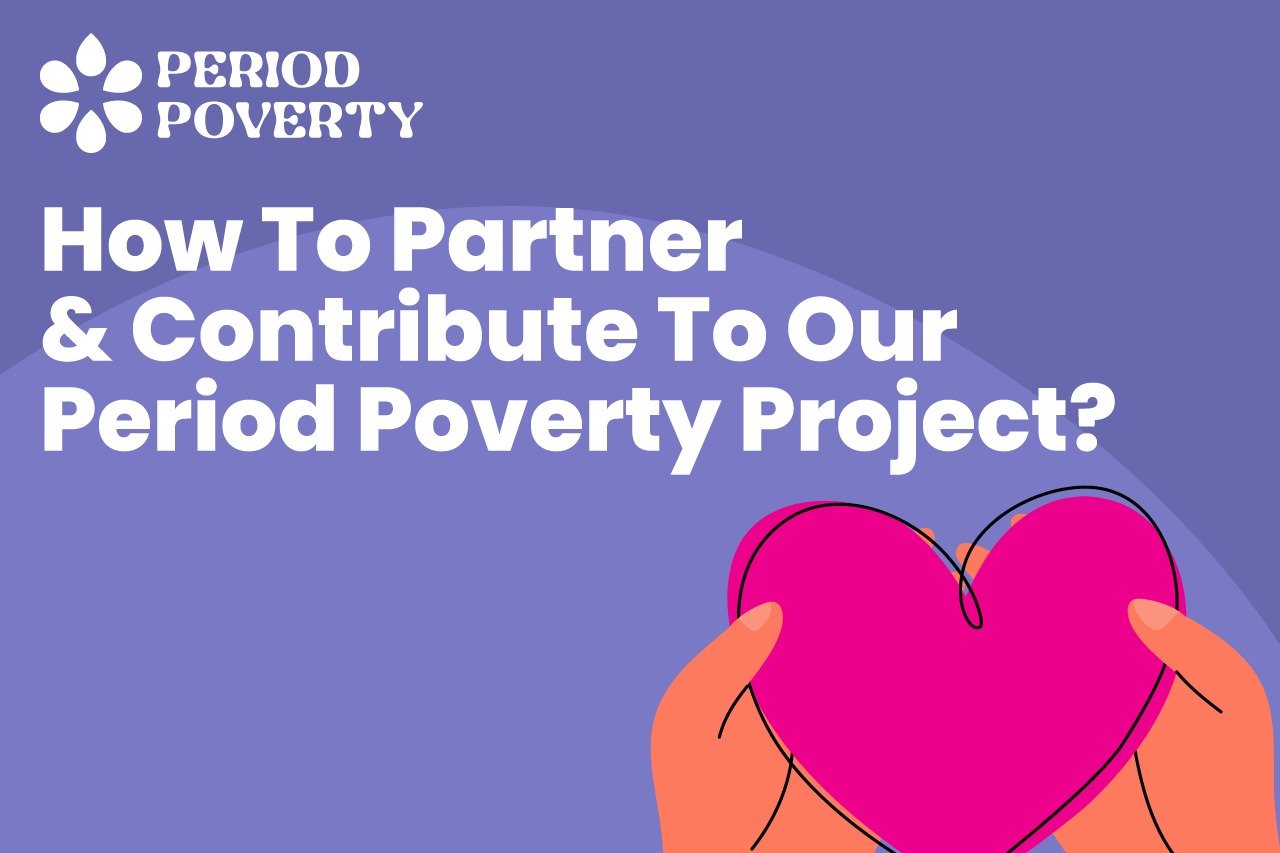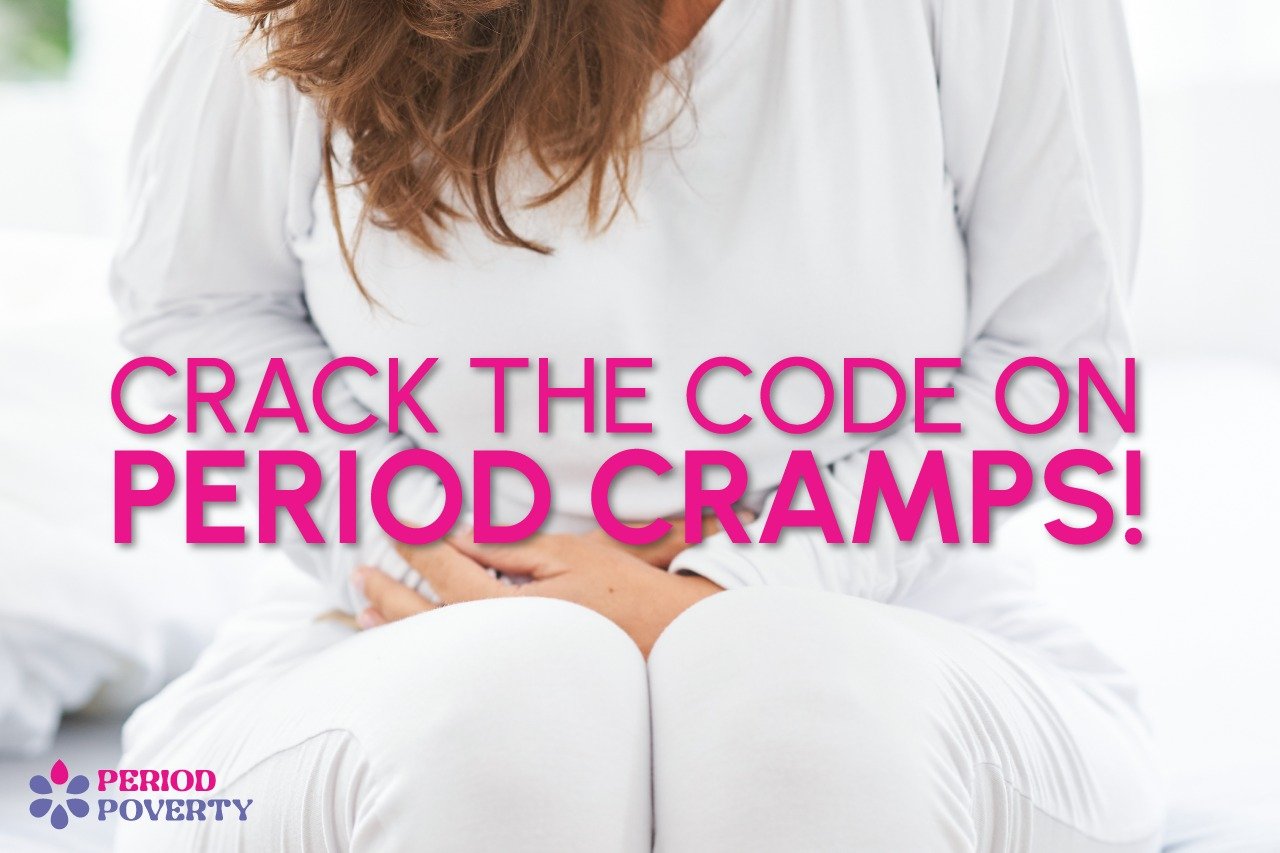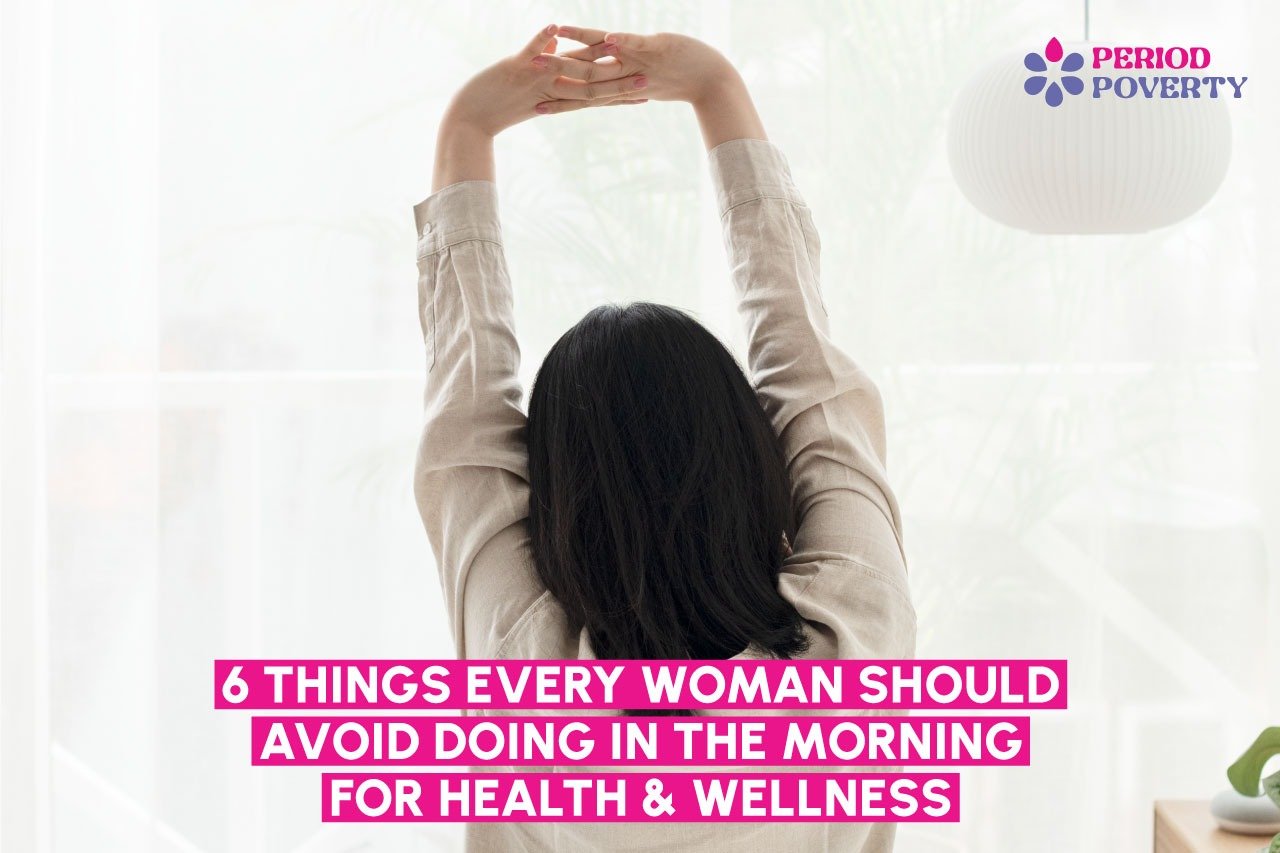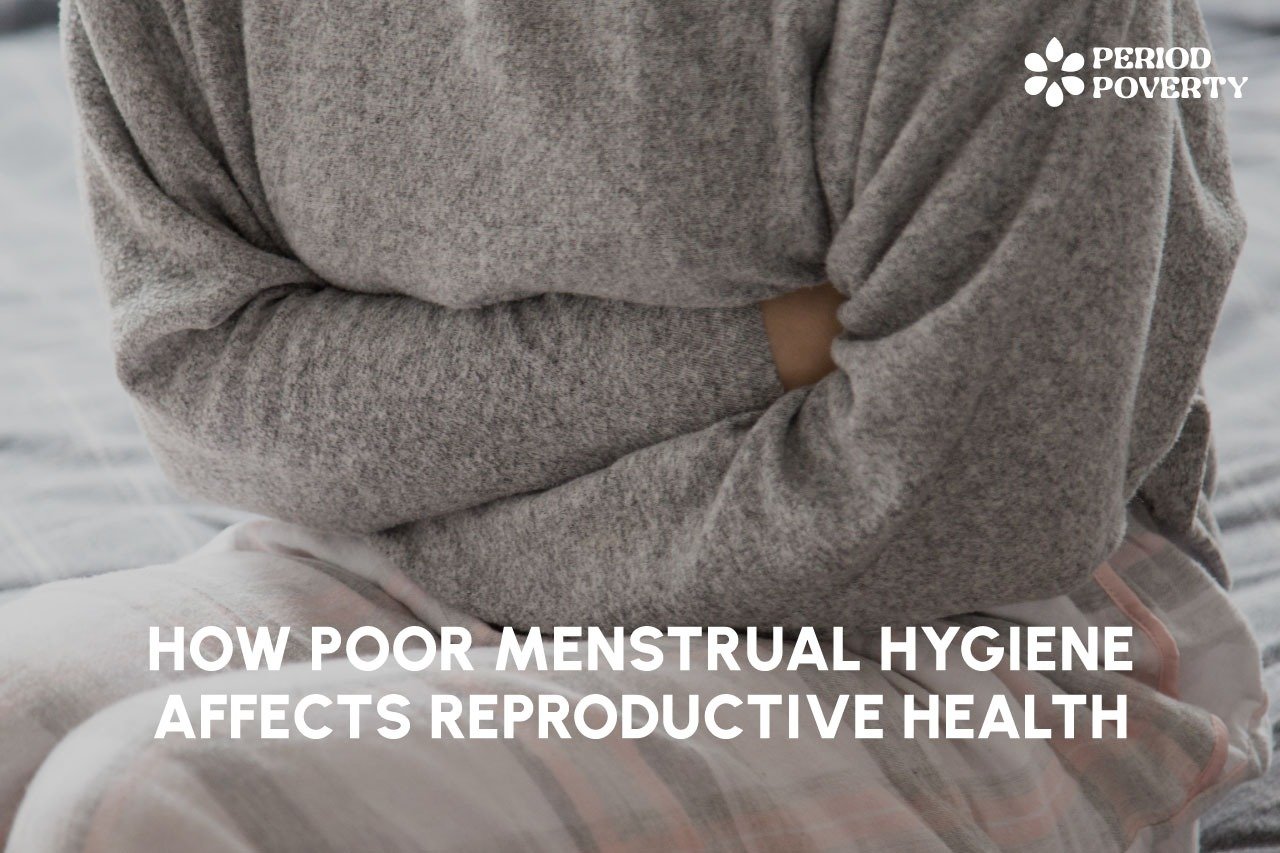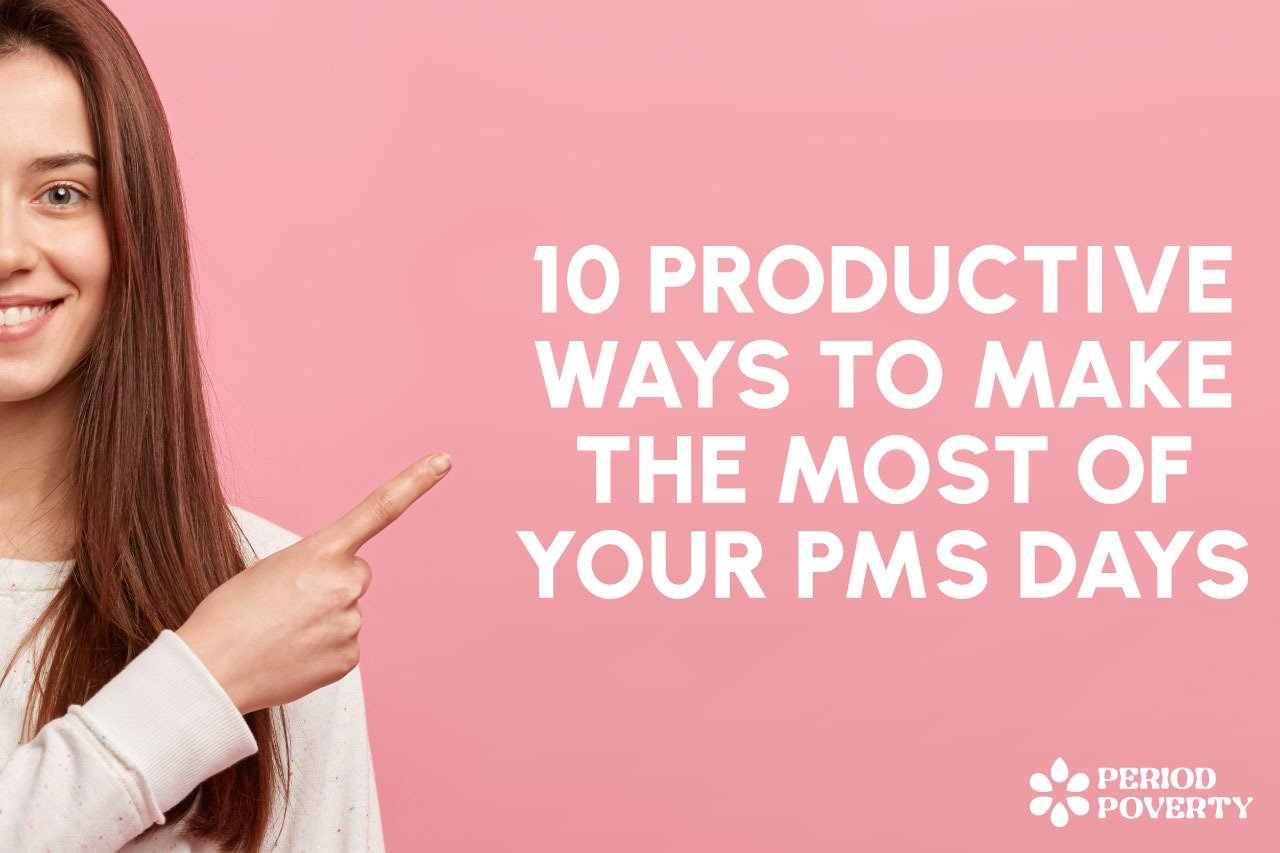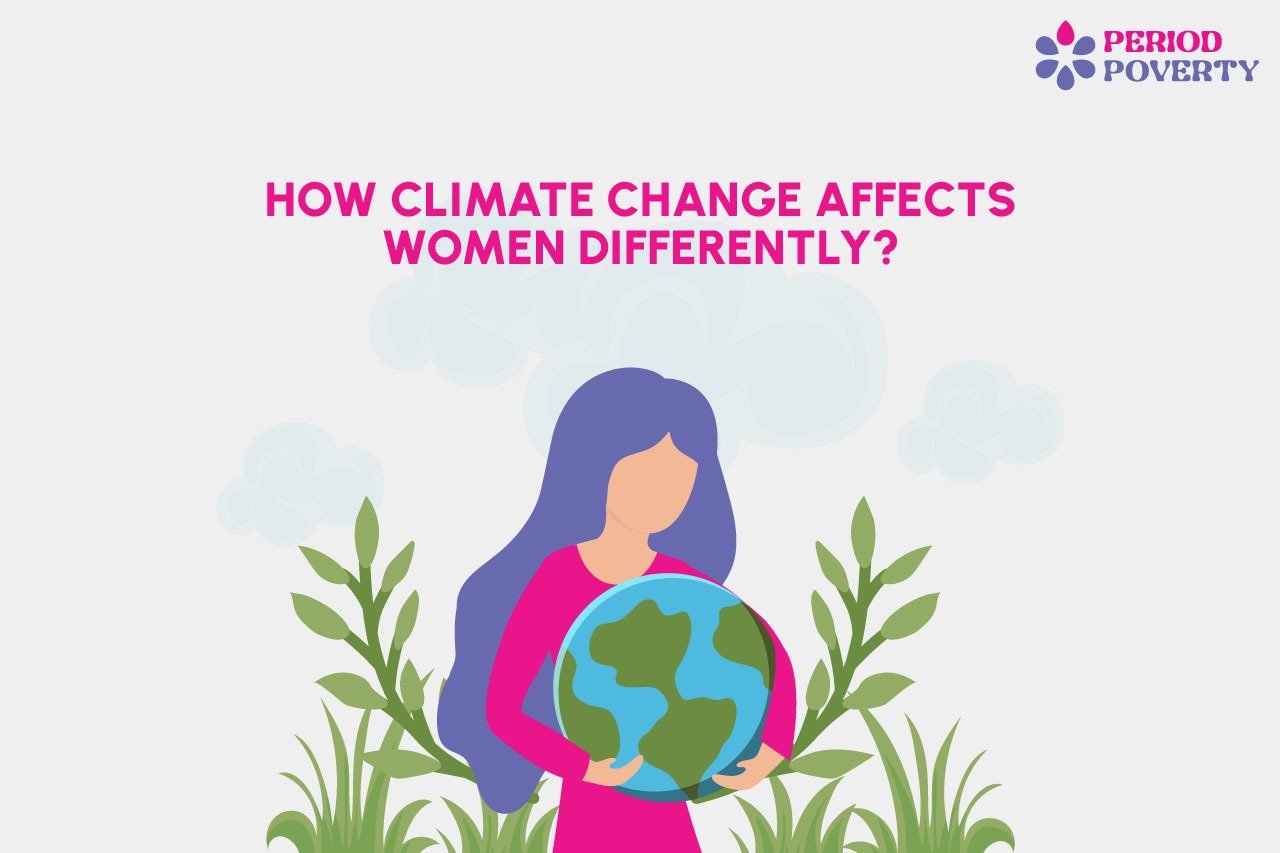Periods are a natural and normal part of life for half of the world’s population, yet conversations about menstruation are often shrouded in shame and secrecy. This silence can have harmful consequences, perpetuating myths and misconceptions about periods and creating barriers to access to menstrual products and healthcare. It’s time to break the silence and start talking openly and honestly about periods. We aim to educate and empower readers to have positive, respectful conversations about menstruation with people of all genders and ages.
By breaking down the taboo surrounding periods, we can promote menstrual equity, destigmatize periods, and create a more inclusive and supportive society for all. Whether you’re a parent wanting to talk to your child about periods for the first time, a teacher looking to provide inclusive education to your students, or simply someone who wants to feel more confident and comfortable talking about periods, this blog is for you. We believe that breaking the silence around periods is a crucial step towards creating a more just and equitable world, and we invite you to join us on this journey.
The taboo surrounding periods
Despite being a natural and necessary biological process, menstruation has been stigmatized in many cultures around the world. In some societies, menstruating people are considered unclean or impure and are excluded from certain activities or spaces. In other societies, periods are simply not talked about, creating a culture of silence and shame.
This stigma can have serious consequences. It can lead to a lack of access to menstrual products and healthcare, as well as to negative mental health outcomes such as anxiety and depression. It can also perpetuate harmful myths and misconceptions about periods, such as the idea that menstruation makes people weak or that it’s something to be ashamed of.
Overcoming the taboo around periods is important for many reasons. First and foremost, it’s a matter of human rights. All people who menstruate deserve access to information, products, and services that support their health and well-being, without fear of judgment or discrimination. By breaking down the stigma surrounding periods, we can work towards achieving menstrual equity and creating a more just and equal society.
In addition to the moral imperative of overcoming the taboo around periods, there are also practical benefits. By talking openly and honestly about menstruation, we can increase knowledge and awareness, promote healthy behaviors, and reduce the negative impact of myths and misconceptions. We can also create more supportive environments for people who menstruate, reducing the shame and stigma they may experience.
Talking to Kids About Periods
Talking to kids about periods can be a daunting task for many parents, but it’s an important conversation to have. Here are some tips and guidance for parents on how to approach this topic in a positive and healthy way:
- Start early: It’s never too early to start talking to your kids about periods. You can start by introducing basic concepts like body parts and functions and gradually build up to more detailed information as your child gets older.
- Use age-appropriate language: When talking to younger children, use simple language and avoid medical terms that may be confusing or scary. As your child gets older, you can gradually introduce more detailed information and use more specific language.
- Normalize periods: Emphasize that periods are a normal and natural part of life and that they happen to half of the world’s population. Avoid using language that implies periods are something to be ashamed of or hidden away.
- Answer questions honestly: Encourage your child to ask questions and answer them honestly and openly. If you don’t know the answer to a question, don’t be afraid to say so and look it up together.
- Be inclusive: Remember that not all people who menstruate identify as female, and not all females menstruate. Use inclusive language and avoid assumptions about gender or identity.
- Emphasize hygiene and self-care: Teach your child about the importance of hygiene during menstruation, including proper menstrual product use and disposal. Encourage them to take care of themselves and seek medical attention if necessary.
- Lead by example: Finally, remember that kids learn by example. If you’re open and positive about periods, your child is more likely to be as well. By talking openly and honestly about menstruation, you can help break down the stigma and promote menstrual equity for all.
Talking to Men About Periods
Talking to men about periods can be challenging, but it’s an important conversation to have in order to break down stigma and promote menstrual equity. Here are some suggestions for how to approach these conversations and address common misconceptions:
- Start with the basics: Many men may not have a basic understanding of what periods are and how they work. Start by explaining the biological process of menstruation, including the menstrual cycle, and how it affects people who menstruate.
- Emphasize the normalcy of periods: Many men may view periods as something abnormal or gross. Emphasize that periods are a natural and normal part of life and that half of the world’s population experiences them.
- Break down stereotypes: Some men may hold stereotypes about people who menstruate, such as the idea that periods make people emotional or irrational. Challenge these stereotypes by emphasizing that everyone experiences menstruation differently and that it’s not a reflection of their character or abilities.
- Address hygiene concerns: Some men may be concerned about hygiene or the potential messiness of periods. Explain how people who menstruate manage their periods, including the use of menstrual products like pads and tampons and the importance of proper hygiene and cleanliness.
- Address access to menstrual products: Men may not be aware of the challenges that many people who menstruate face in accessing menstrual products. Explain the high cost of these products, as well as the lack of access in many areas, and discuss ways to support menstrual equity.
- Encourage empathy: Finally, encourage men to be empathetic and supportive towards people who menstruate. Remind them that menstruation can be a difficult and uncomfortable experience and that support and understanding can make a big difference.
By approaching conversations about periods with men in a non-judgmental and informative way, we can break down stereotypes and promote a more inclusive and supportive society for all.
Period products and choosing the right one for your body and lifestyle.
When it comes to menstrual products, there are several options available to choose from. Here is a brief overview of the most common menstrual products and how to choose the right one for your body and lifestyle:
- Disposable pads: These are adhesive pads that stick to the inside of your underwear to absorb menstrual blood. They come in a variety of sizes and absorbencies and are widely available at drugstores and supermarkets. They are convenient and easy to use but can be wasteful and contribute to environmental pollution.
- Tampons: These are small, cylindrical pieces of cotton or other absorbent material that are inserted into the vagina to absorb menstrual blood. They come in a variety of sizes and absorbencies and can be more discreet than pads. However, they require more hands-on insertion and removal and may increase the risk of toxic shock syndrome (TSS).
- Menstrual cups: These are small, flexible cups made of medical-grade silicone or rubber that are inserted into the vagina to collect menstrual blood. They are reusable and eco-friendly and can be left in place for up to 12 hours. However, they require some practice to use correctly and may not be suitable for everyone.
- Period panties: These are special underwear designed with absorbent layers to collect menstrual blood. They can be worn alone or as a backup with other menstrual products. They are reusable and eco-friendly but can be expensive to purchase initially.
When choosing a menstrual product, consider your flow, comfort, and lifestyle. It is also important to remember that everyone’s body is different, and what works for one person may not work for another. It may take some trial and error to find the right menstrual product for your body and lifestyle, but with patience and practice, you can find a product that works for you.
Breaking the Cycle of Shame
Breaking the cycle of shame and stigma around periods is crucial for creating a more inclusive and equitable society. Overcoming this stigma can be done both individually and as a society. One way to do this is to educate oneself about periods and menstrual health. By seeking out educational resources, including books, articles, and documentaries, individuals can better understand the biological process of menstruation and learn about the cultural and social factors that contribute to menstrual stigma.
Another way to overcome shame and stigma around periods is to encourage open and honest conversations about menstruation. This includes breaking down the taboo of discussing periods and creating safe spaces where people can talk openly about their menstrual experiences. By discussing periods without shame or judgment, individuals can help reduce the stigma and promote greater understanding and empathy.
As a society, it’s important to prioritize menstrual equity and work towards ensuring that everyone has access to menstrual products and resources. This includes advocating for policies and legislation that promote menstrual equity, such as providing free or low-cost menstrual products in public spaces like schools and workplaces. It also involves challenging harmful cultural norms and stereotypes surrounding menstruation and promoting a more positive and inclusive narrative around periods. Ultimately, breaking the cycle of shame and stigma around periods requires a collective effort from individuals, communities, and institutions.

